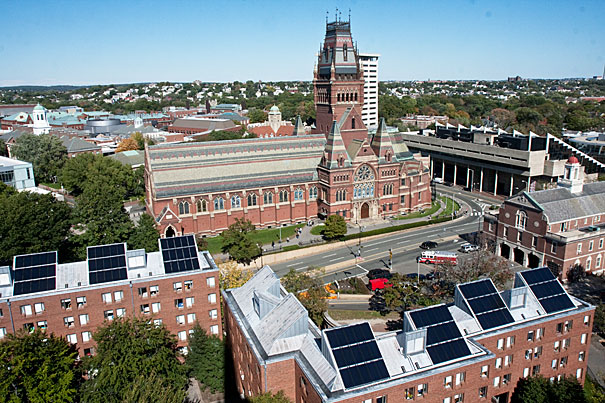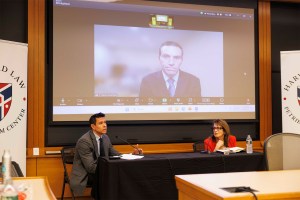Science & Tech
-

Harsh past might bare its teeth
Early adversity leads to higher aggression and fearfulness in adult canines, study says

-

What will AI mean for humanity?
Scholars from range of disciplines see red flags, possibilities ahead
-

‘Human exceptionalism is at the root of the ecological crisis’
Saving the planet requires getting over ourselves, argues author of ‘The Arrogant Ape’
-
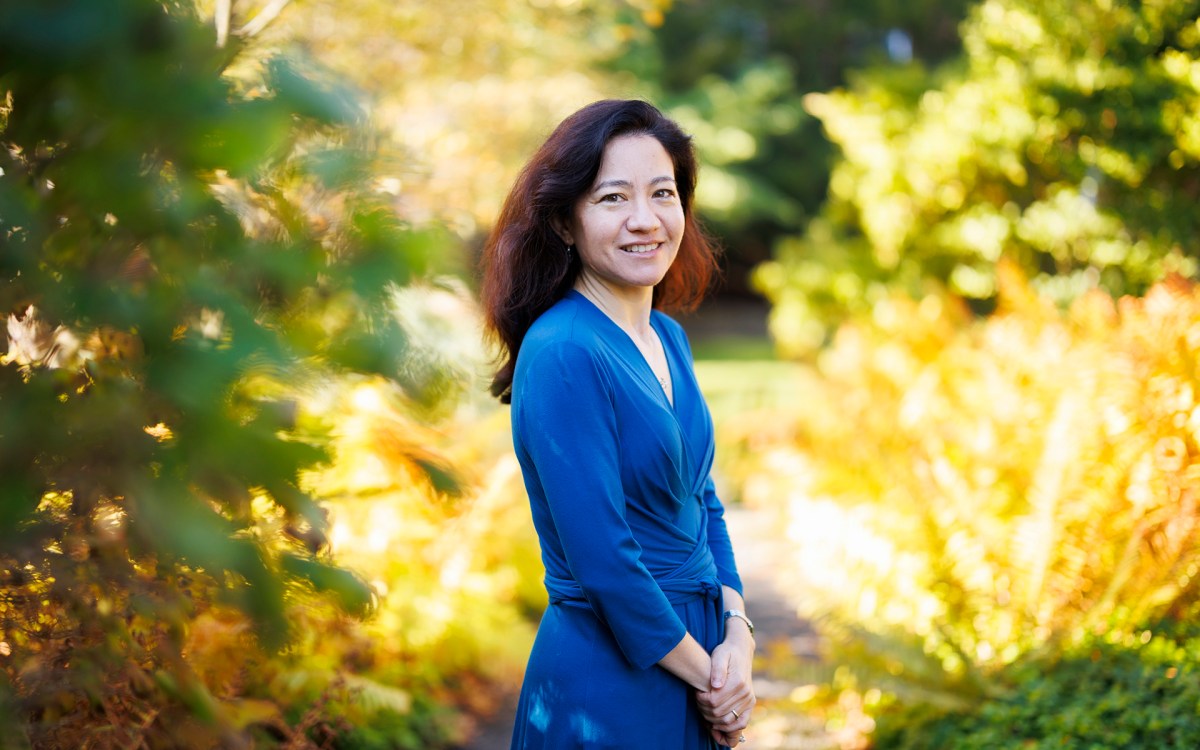
Lauren Williams awarded MacArthur ‘genius grant’
Math professor honored for theoretical breakthroughs with sometimes surprising applications across phenomena such as tsunamis, traffic
-
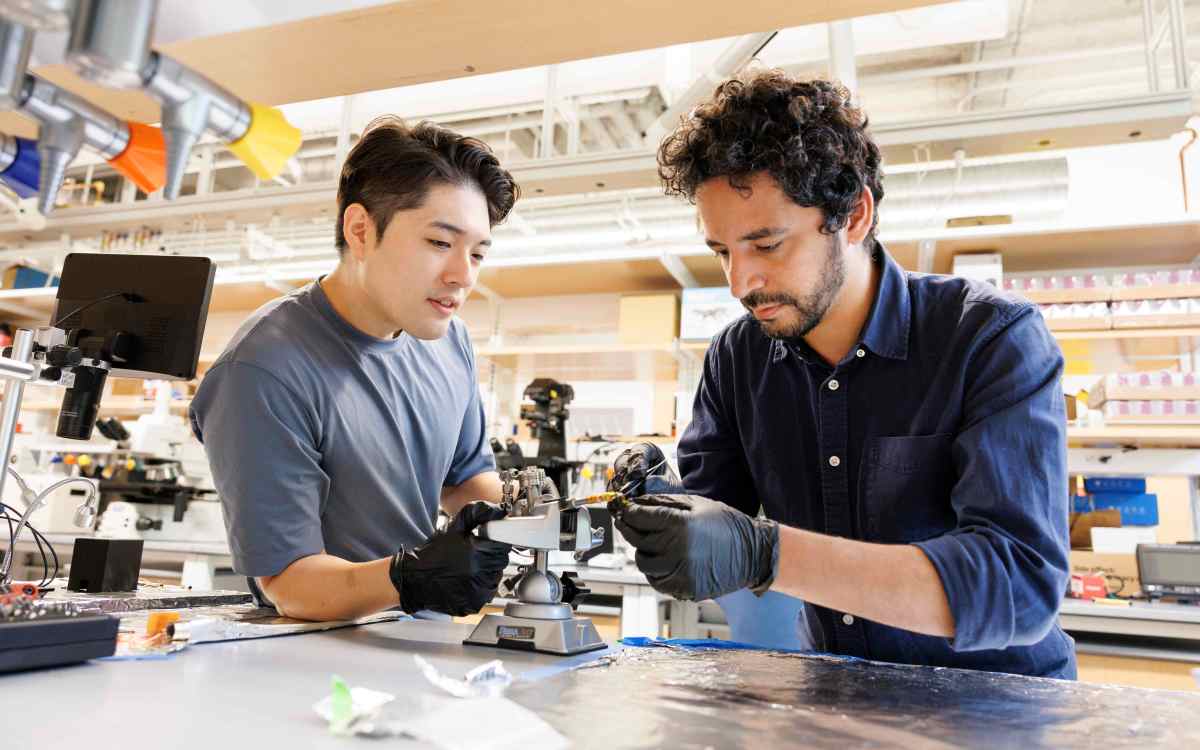
-
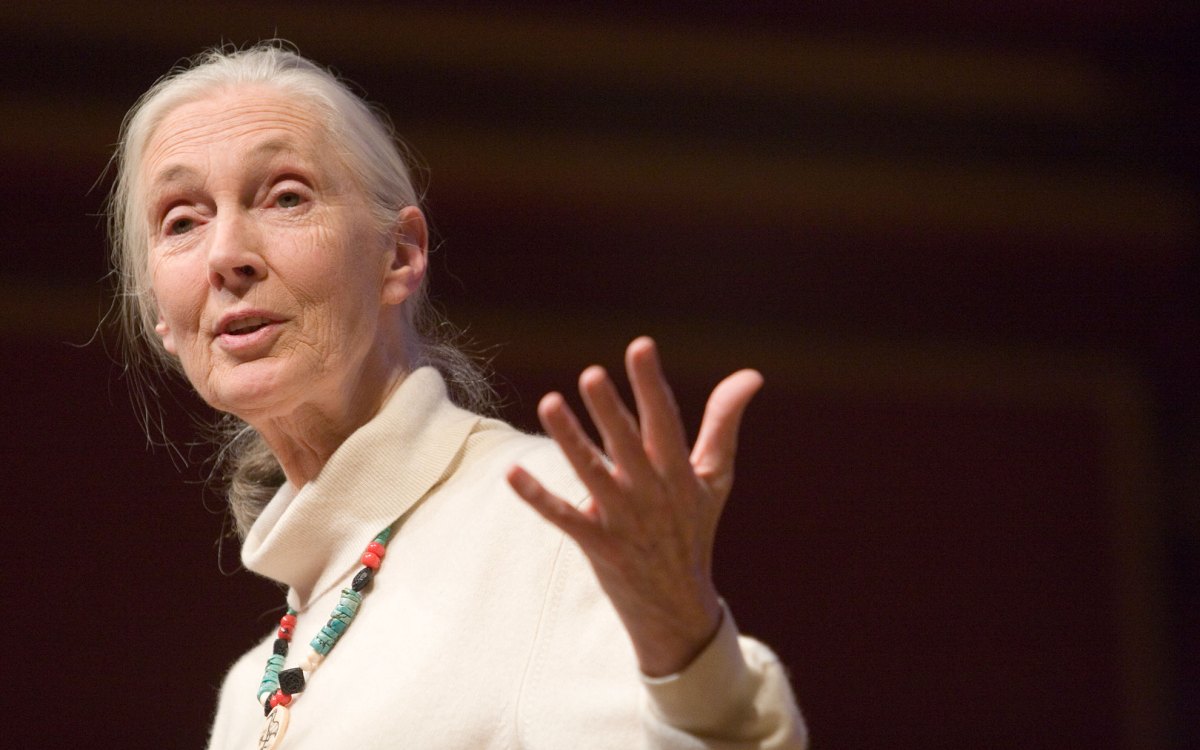
‘She had a sense of caring for everybody that she encountered.’
Richard Wrangham remembers his teacher and colleague Jane Goodall as a force of science, empathy, and hope
-
Discovering soil-less farming
Jiyoo Jye, a recent student at the Harvard Graduate School of Design, created a research archive of her discoveries, progress in soil-less agriculture.
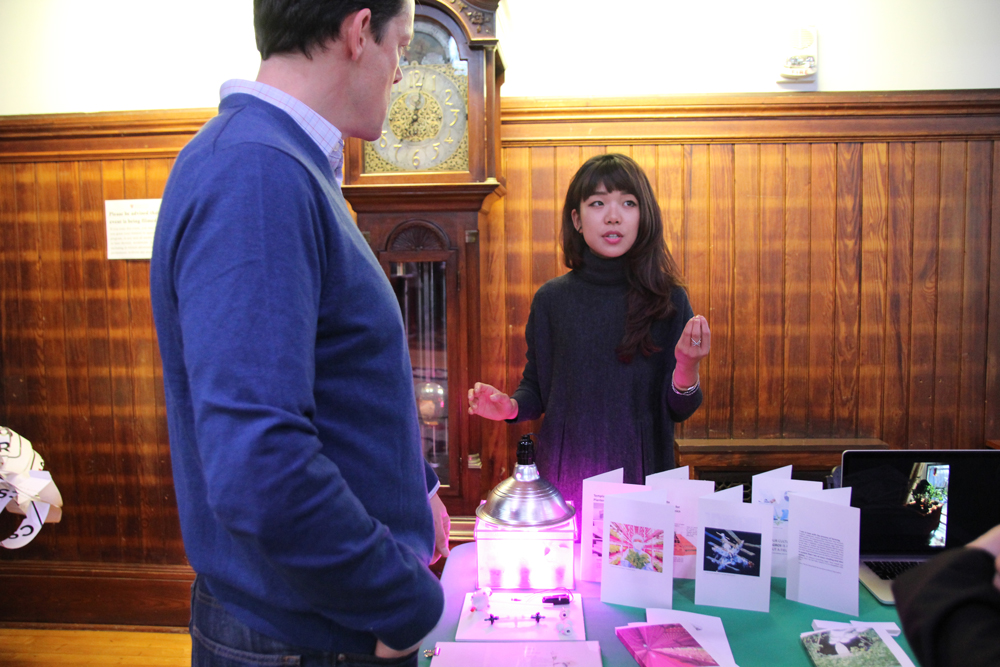
-
The Sustainability Science Program at 10
The Sustainability Science Program celebrates its 10th birthday by welcoming back previous fellows to discuss progress in the field and the challenges ahead.
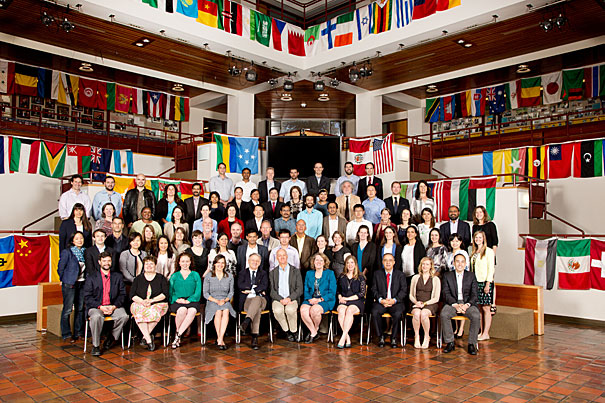
-
RoboBees can perch to save energy
A RoboBee equipped with an electrode patch is supplied with a charge, allowing it to stick to almost any surface, from glass to wood to a leaf. The patch requires about 1,000 times less power to perch than it does to hover, extending the operational life of the robot.
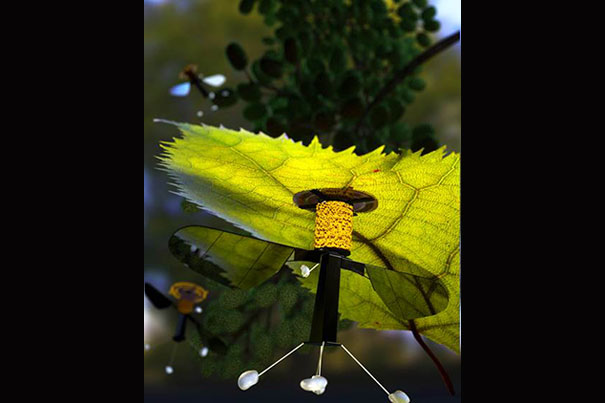
-
Putting the Glass Flowers in new light
The famed Glass Flowers gallery will reopen May 21 after the most extensive renovation in its history.
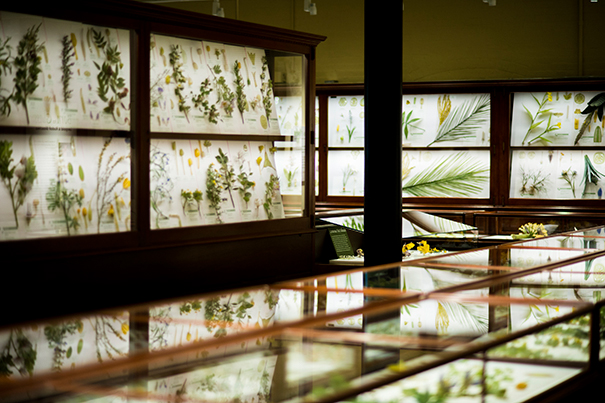
-
Printing metal in midair
Researchers at Harvard’s Wyss Institute have developed a laser-assisted direct ink writing method that prints microscopic metallic, free-standing 3-D structures in one step.

-
The high costs of imported pests
Scientists from Harvard Forest joined a group of experts calling for new regulations and stepped-up surveillance to stem a flood of invasive forest pests whose costs are borne by U.S. homeowners, cities, and towns.
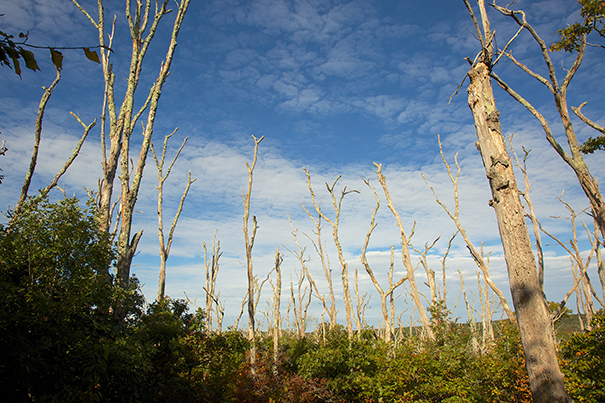
-
Biodiesel one slick solution, but more to come
By turning waste fryer oil into biodiesel, Harvard undergraduates turned a chemistry class into a living lab for understanding the multifaceted problems posed by global climate change and sustainable development.
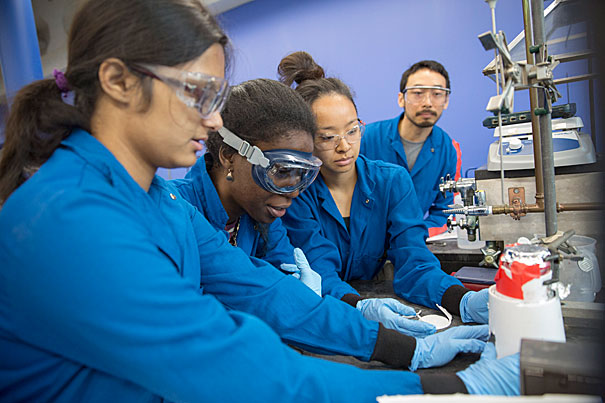
-
Targeting the ills of climate change
U.S. Secretary of State John Kerry helped launch a new Harvard climate change and global health initiative Thursday, saying that climate change impacts almost always affect human health.

-
For groups in conflict, genes matter
Visiting professor Sasha Kimel examined whether information about genetic links can influence groups in conflict.
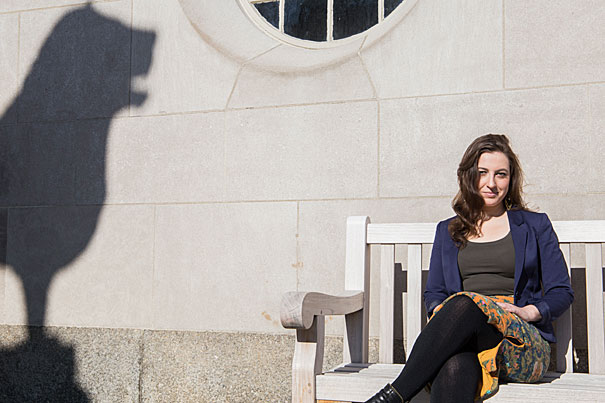
-
Advancing ingenuity
Between academic discovery and product development lurks a lull in research funding that inventors call the “chasm of death,” where a prototype or a proof of concept can feel just…

-
Pursuing sustainability
William Clark, co-author of a new book on sustainable development, discusses connecting science and practice, balancing conservation with use.

-
Sustainability front and center for Cousteau
Philippe Cousteau talked about carrying on the family legacy of environmental advocacy in delivering the Extension School’s Lowell Lecture.
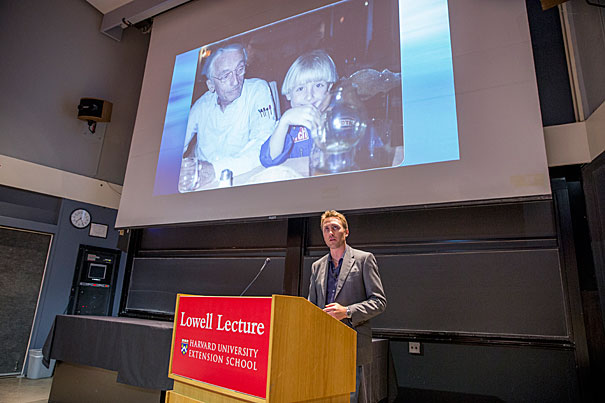
-
The complex relationship between heat and ozone
If emission rates continue unchecked, regions of the United States could experience between three and nine additional days of unhealthy ozone levels each year by 2050, according to a new study from the Harvard John A. Paulson School of Engineering and Applied Sciences.

-
Guardians of the sky
After a flood threatened to destroy the Harvard College Observatory’s trove of glass plate negatives, staff members and students from around the University showed up to help move the plates to safety.

-
Hawking at Harvard
Acclaimed theoretical physicist and cosmologist Stephen Hawking discussed the mysterious qualities of black holes during his lecture at a packed Sanders Theatre.
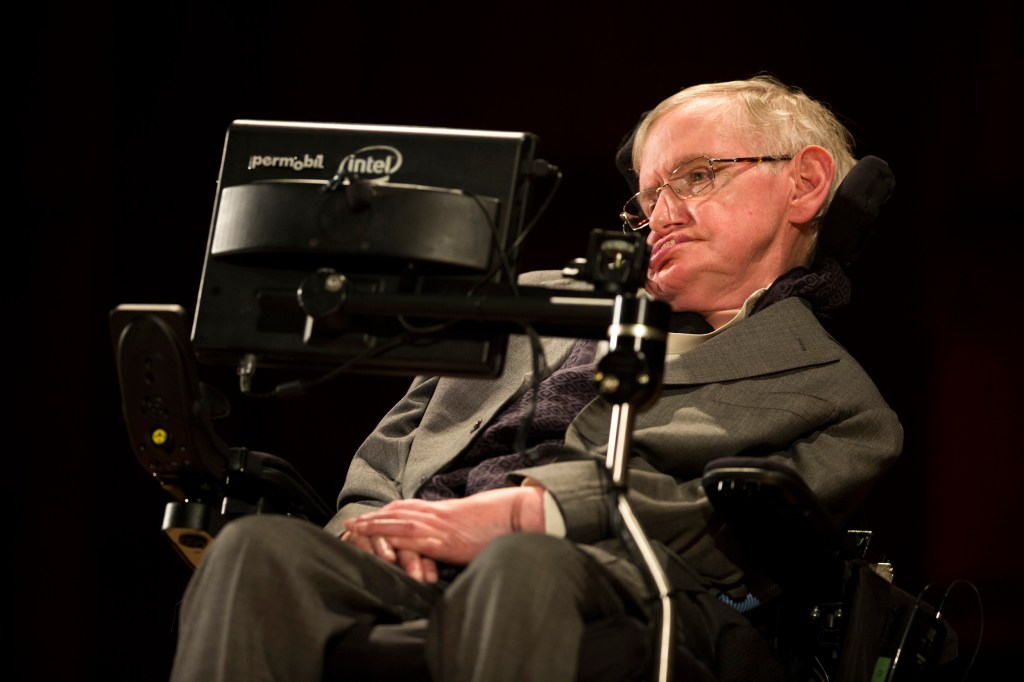
-
Root, the code-teaching robot
A Wyss Institute robot named Root is designed to teach computer coding to anyone from a 5-year-old to an intermediate programmer.

-
Destination: Nearest star
Harvard Astronomy Department chair Abraham Loeb played an important role in drafting initial plans announced Tuesday for a proposed trip to the nearest star, Alpha Centauri. Loeb talked about the plan and its biggest challenges.
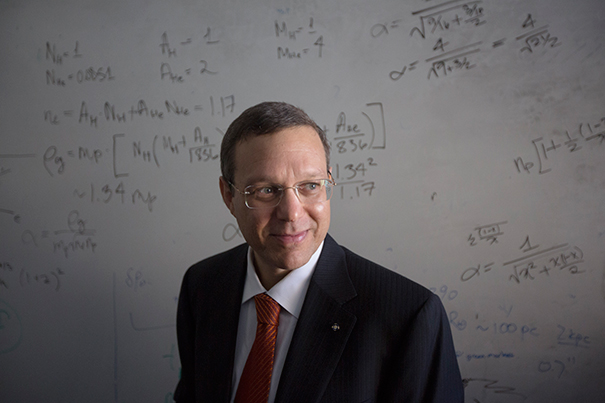
-
Research gives edge to fessing up
New HBS research finds that avoiding sticky questions leaves a far worse impression on others than simply coming clean with unflattering answers.

-
Gore sees progress on climate change
Former Vice President Al Gore brought a dose of optimism about climate change to Harvard on April 7, saying the problems are severe, but the solutions are emerging.
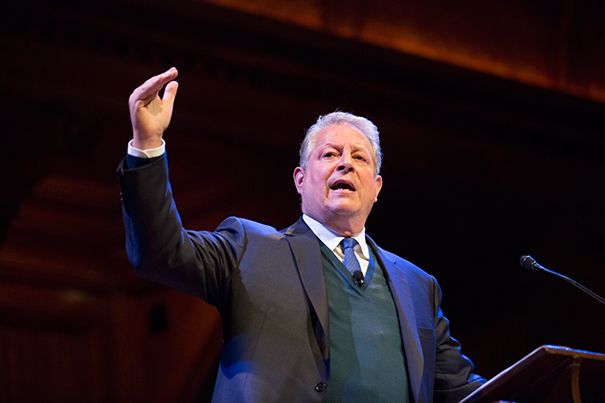
-
Mixed progress cited in challenging discrimination
The Weatherhead Center continued its series of discussions on inequality, focusing on the mixed progress of efforts to advance fairness and social inclusion. The talk touched on discrimination against the Roma people and the disabled, and the rise of inequality in an era of support for human rights.
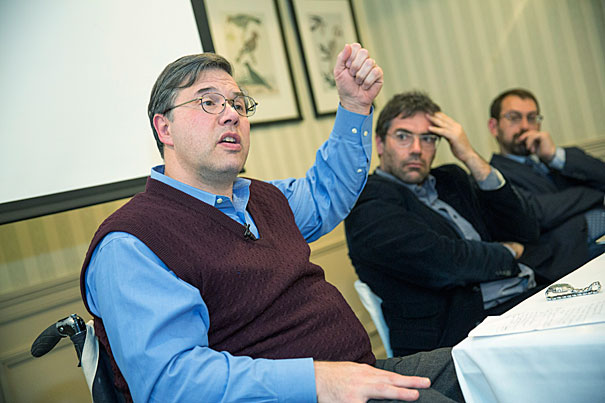
-
Hunting polluting gases around Boston
Students, faculty, and fellows are fanning out across the Boston area to take measurements aimed at determining where and how much natural gas is leaking and where the worst carbon dioxide emissions occur.

-
Understanding faults
Phoebe DeVries, a Ph.D. candidate in earth and planetary sciences and a 2016 Harvard Horizons Scholar, will deliver a five-minute talk about predicting seismic hazards on April 5 at Sanders Theatre.
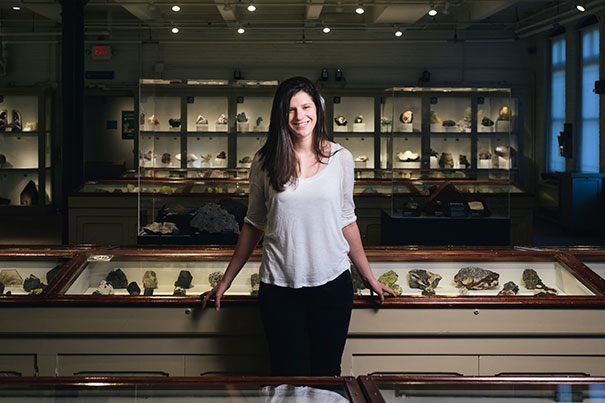
-
Earlier warnings for heat waves
In a new study, researchers from Harvard University and the National Center for Atmospheric Research have identified sea surface temperature patterns that help predict extreme heat waves in the Eastern United States up to 50 days in advance.

-
Warmer weather, finer wines
By examining more than 500 years of harvest records, researchers found that wine grape harvests across France, on average, now occur two weeks earlier than in the past, largely due to climate change. While earlier harvests are normally associated with higher quality wines, researchers caution the trend likely won’t last.
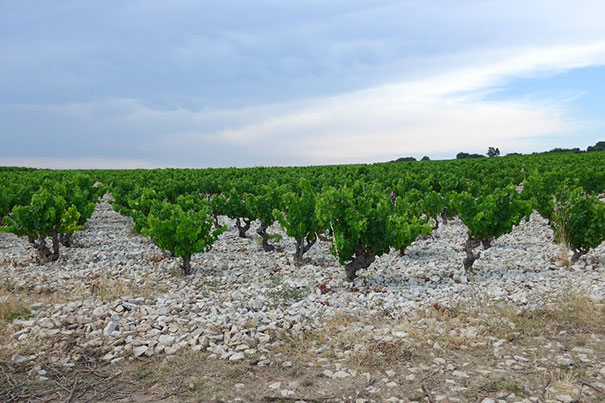
-
Big gains in better chewing
According to a new Harvard study, our ancestors between 2 and 3 million years ago started to spend far less time and effort chewing by adding meat to their diets and using stone tools to process food.
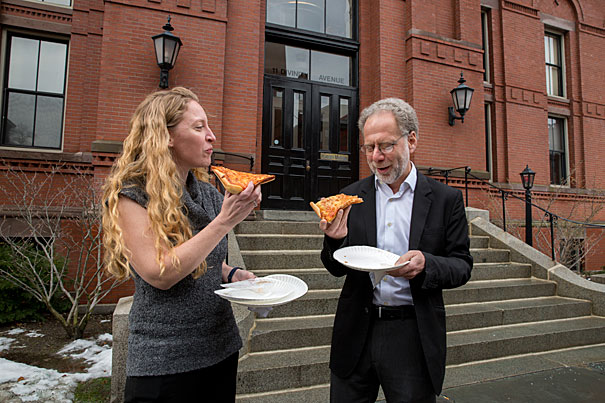
-
3-D material changes shape as it prepares for next task
Harvard researchers have designed a new type of foldable material that is versatile, tunable, and self-actuated. It can change size, volume, and shape; it can fold flat to withstand the weight of an elephant without breaking, and pop right back up to prepare for the next task.
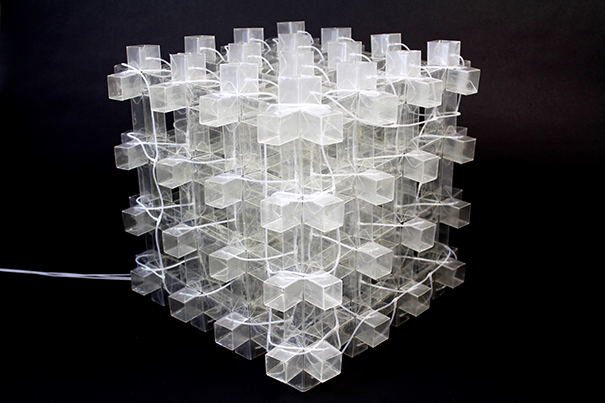
-
Creating 3-D tissue and its potential for regeneration
“This latest work extends the capabilities of our multi-material bioprinting platform to thick human tissues, bringing us one step closer to creating architectures for tissue repair and regeneration,” says the study’s senior author, Jennifer A. Lewis of both the Wyss Institute and Harvard’s Paulson School for Engineering and Applied Sciences.
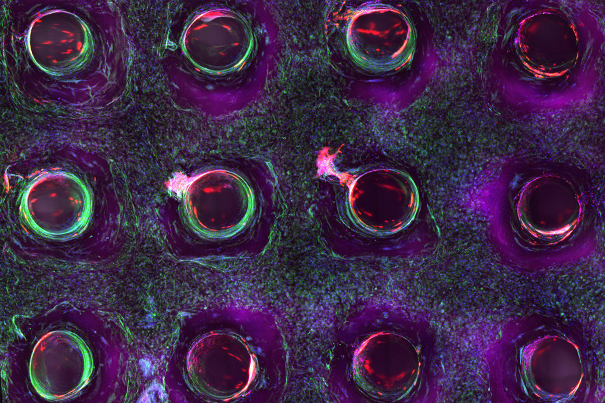
-
The costs of inequality: For women, progress until they get near power
In recent decades, women have made progress in pay and parity with men in such professions as medicine and law. But when it comes to running things at the highest levels, it’s generally still a man’s world.

-
Study that undercut psych research got it wrong
A study last year claiming that more than half of all psychology studies cannot be replicated turns out to be wrong. Harvard researchers have discovered that the study contains several statistical and methodological mistakes, and that when these are corrected, the study actually shows that the replication rate in psychology is quite high.
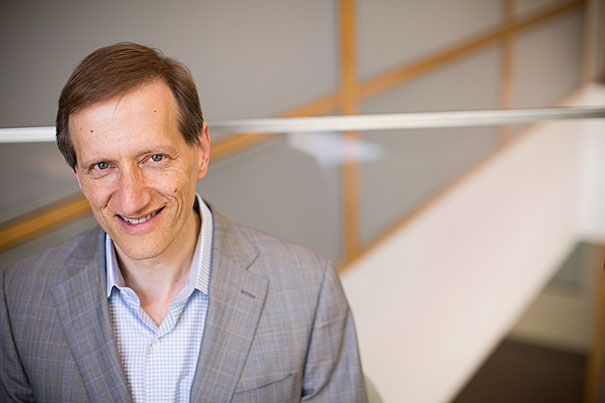
-
$1M in grants to support 10 climate research projects
Ten research projects driven by faculty collaborators across six Harvard Schools will share over $1 million in the second round of grants awarded by the Climate Change Solutions Fund, an initiative launched last year by President Drew Faust to encourage multidisciplinary research around climate change.
